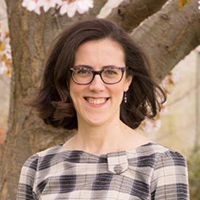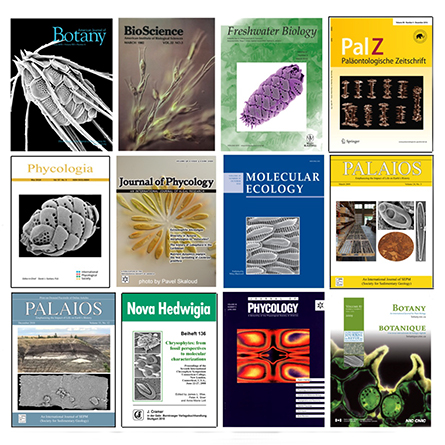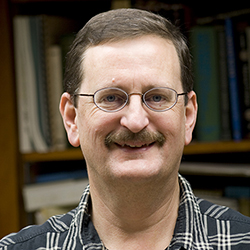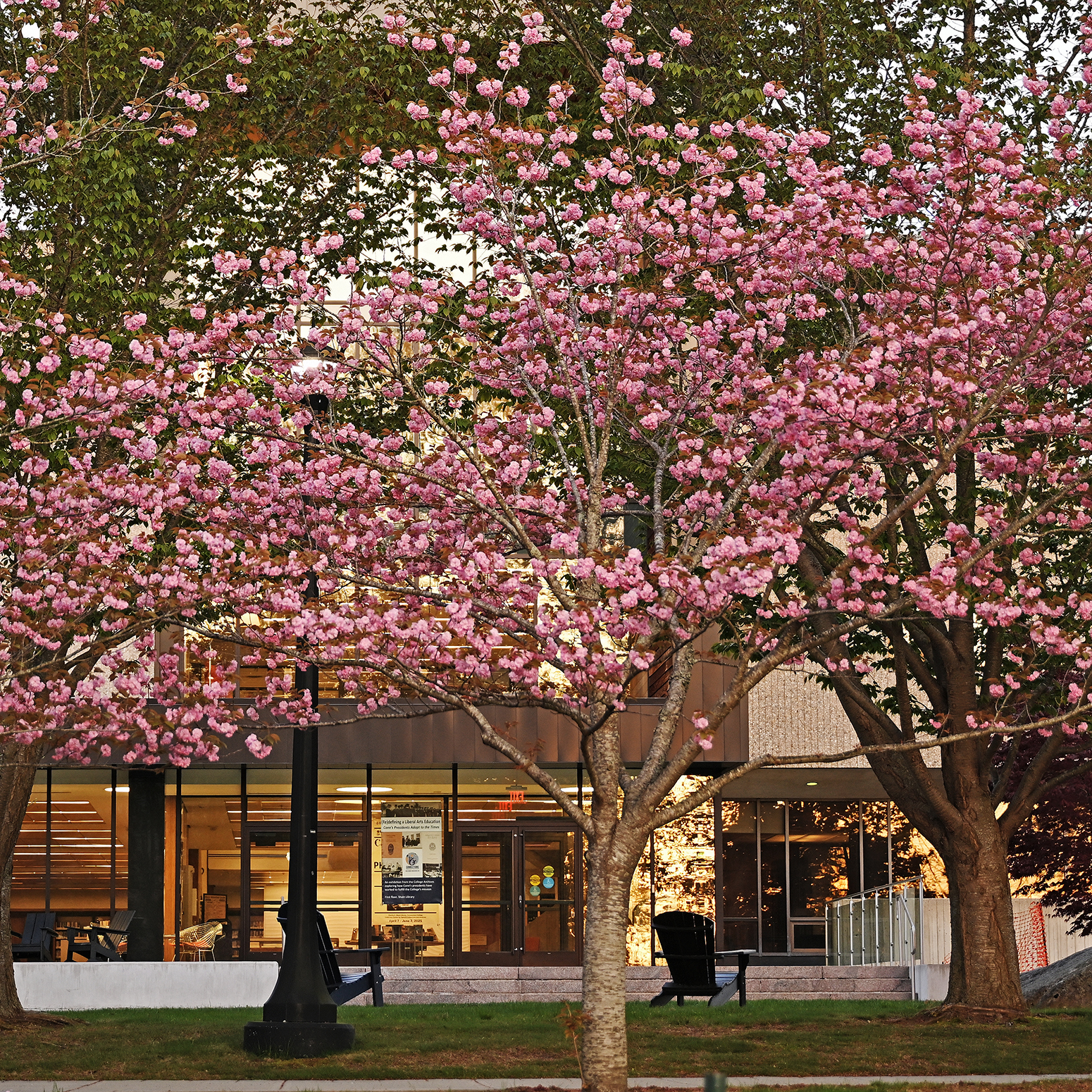
Professor Peter Siver awarded Phycological Society of America’s highest honor

For nearly 50 years, Peter Siver, the Charles and Sarah P. Becker ’27 Professor of Botany and Environmental Studies at Connecticut College, has worked tirelessly to discover what microscopic algae—some of the world’s smallest organisms—can reveal about everything from global warming to crime solving.
Now, in recognition of his remarkable contributions to the field of phycology—the study of algae—Siver has been awarded the Phycological Society of America’s Award of Excellence, the highest honor bestowed by the organization.
The annual award honors a top scientist whose record of scholarly achievement, including teaching and service, has made a profound impact on the phycological community. The Phycological Society of America (PSA) was founded in 1946 to promote research and teaching in all fields of phycology.
“This is a wonderful honor and one that I will always treasure,” Siver said.
“I extend special thanks to Anne Lizarralde for the nomination; the scientists who wrote letters of support (Alex Wolfe, Alan Baker, Yvvonne Nemcova and Eduardo Morales); all of my many colleagues over the years; my awesome students; and, most of all, my parents, my wife Regina, and my daughters Michaela and Emma for their endless support.”
Siver, a professor at Conn since 1990, is an expert on microscopic algae, particularly chrysophytes and diatoms, that live in lakes, oceans and other waterways. His prolific research has contributed to our understanding of evolutionary history, climate change, biodiversity and biogeographic patterns—and has even been used to help solve murders.
In a letter announcing Siver as the 2021 winner, PSA President Eric W. Linton wrote, “The referees for the PSA Award of Excellence marveled at his many accomplishments.”
“Among the numerous glowing accolades considered, it was noted that Peter is a world expert on scaled chrysophytes and wrote the book (literally) on Mallamonas. He has nearly 160 publications with 65 student coauthors, has described 107 new algal genera and species, and has had another six named in his honor. Peter has taught phycology, limnology and environmental science to thousands of students, and earned numerous awards for teaching, research and service,” Linton said.

Lizarralde, a senior research scholar in Connecticut College’s Botany Department who has worked closely with Siver since 1990, heralded Siver’s impact on his students and on the public’s understanding of the importance of algae.
“Over his career, he has taught 200 classes (distributed over 19 different courses) at liberal arts institutions, and he has served as director of the Environmental Studies Program at Connecticut College for the last 31 years,” she wrote.
“He has worked with numerous research students for the past 40 summers, and also through independent study and honor’s theses. Sixty-five students have been co-authors and virtually all of them have given conference presentations, attended graduate school and have careers based in science. Whether teaching environmental studies, introductory botany, aquatic plants, limnology, marine science or freshwater ecology, he takes every opportunity to advance the field of phycology, and all of his thousands of students have been introduced in some manner to his favorite topic, the algae.
Lizarralde also noted that Siver has promoted algae for decades through his website, public outreach, and work with the FBI, NASA and various media outlets. His stunning images of algae have appeared on 12 journal covers; in high school and college textbooks; on television shows including Good Morning, America; and on t-shirts, mugs and other items.
In the 1990s, Siver helped solve an attempted murder case using algal remains on mud taken from shoes to place suspects at the crime scene. He subsequently worked with the FBI in Quantico, Virginia, as an honorary agent to solve additional cases, to help train agents on the uses of aquatic sediments to solve crimes, and as a co-author of a paper in the Journal of Forensic Science. The initial attempted murder case was featured in one of the first episodes of the popular show Forensic Files and has since been broadcast hundreds of times and translated into nine languages.
In 2009, Siver worked with the Goddard Space Center at NASA on production of the 3-D movie, Largest, which featured his video footage of algae.
Siver has been awarded 77 grants, including continuous support from the National Science Foundation for more than 30 years. He has won numerous awards, including the PSA’s Gerald W. Prescott Award for his book, Diatoms of North America: The Freshwater Flora of Waterbodies on the Atlantic Coastal Plain, an OPUS Award from NSF to archive his decades of research on 350 east coast lakes in three international museums, a Darbaker Award from the American Botanical Society, and a Research Award from the North American Lakes Management Society.
CC Magazine featured Siver in the Summer 2017 issue.
